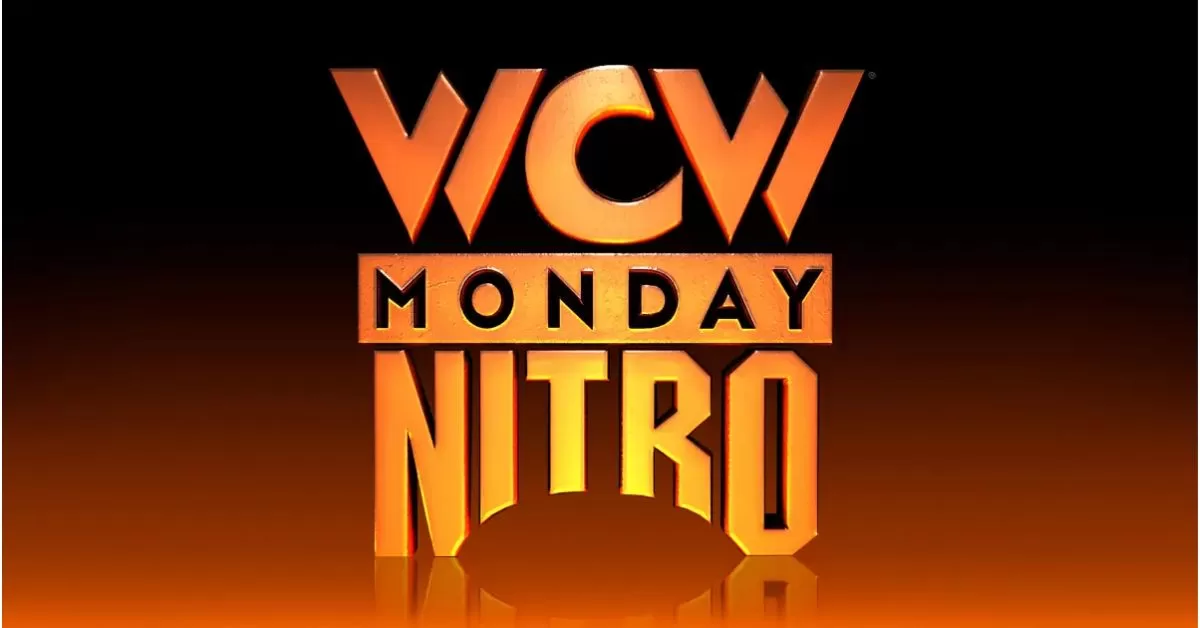For nearly two decades, World Championship Wrestling (WCW) stood tall as WWE’s fierce competitor, challenging the wrestling landscape with gripping storylines and intense rivalries. During its ascent, WCW’s star-studded roster, featuring icons like Hulk Hogan and Sting, catapulted its popularity to unprecedented heights. Transitioning from a regional promotion to a global force, WCW staged memorable events like Starrcade and Bash at the Beach, captivating audiences worldwide.
YouTube cc: @BravesNYC
However, despite its dominance during the “Monday Night Wars” era, WCW’s downfall began with creative missteps and a series of corporate decisions that led to a severe decline in viewership and fan interest.
Inception of WCW
In the early ’90s, WCW rose from the ashes of Jim Crockett Promotions, emerging as a major player in the wrestling industry. Bolstered by the financial support of Ted Turner, WCW expanded its talent pool, poaching WWE’s top stars, including “Macho Man” Randy Savage and Kevin Nash, and effectively shifting the balance of power in the wrestling world. As the Monday Night Wars heated up, WCW’s “Nitro” and WWE’s “Raw” engaged in fierce head-to-head competition, captivating fans with unpredictable twists and shocking debuts.
WCW’s success, however, proved short-lived. The lack of a coherent creative vision and an overreliance on established stars led to the neglect of talented up-and-coming wrestlers. As a result, the product grew stale, and ratings began to plummet. Meanwhile, WWE, under the leadership of Vince McMahon, adapted to the changing landscape, embracing the “Attitude Era” and pushing the boundaries of entertainment, which further siphoned WCW’s viewership.
Towards the Declining Graph
In the late ’90s, WCW’s overindulgence in a “quantity over quality” mindset further exacerbated its decline. With a bloated roster, exorbitant contracts, and lacklustre storylines, WCW struggled to maintain financial stability. This financial strain allowed WWE to swoop in and acquire WCW in 2001, bringing an end to the Monday Night Wars and cementing WWE’s status as the undisputed king of sports entertainment.
Though the WCW brand would briefly continue under WWE’s ownership, its legacy was forever tarnished. WWE would occasionally reference WCW’s history through nostalgic nods, but its once formidable rival’s existence had been relegated to mere memories. The likes of Goldberg, Booker T, and Rey Mysterio may have found success in WWE post-WCW, but the promotion itself remained a cautionary tale in the annals of wrestling history.
READ MORE: The Importance of Promos in Professional Wrestling: Mastering the Mic
The rise and fall of WCW marked one of the most significant chapters in WWE’s storied past. WCW’s initial ascent and captivating rivalry with WWE made for an exhilarating period in professional wrestling. However, its eventual demise, plagued by creative shortcomings and mismanagement, serves as a reminder of the volatile nature of the industry. As WWE continues to thrive, it must look back at the lessons learned from the fall of WCW to ensure its own continued success in the ever-evolving world of sports entertainment.




